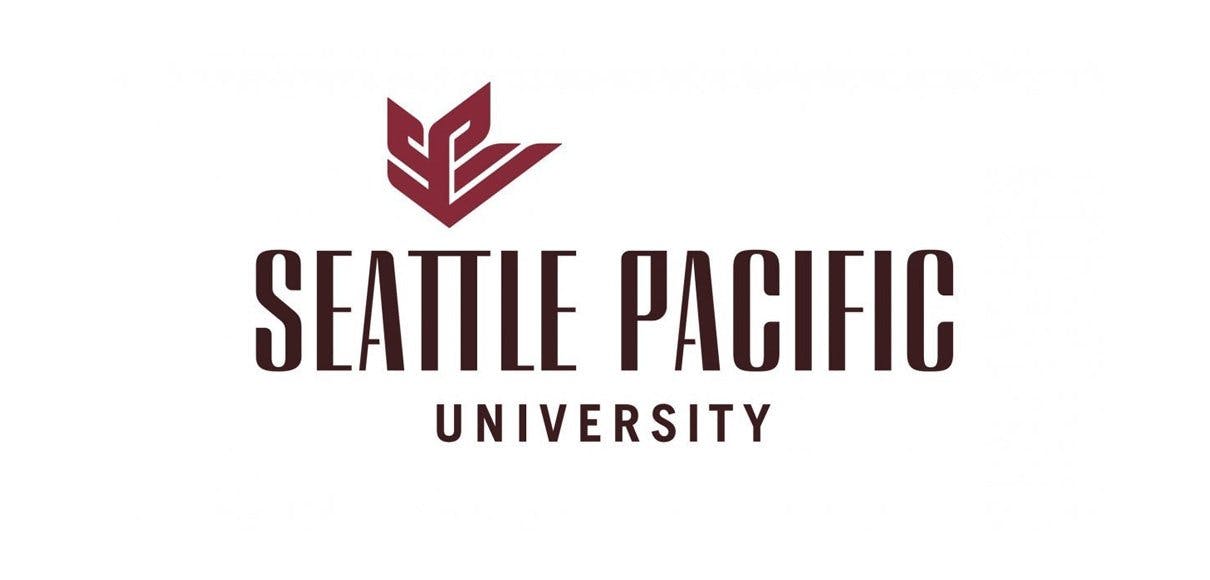A COUPLE OF YEARS AGO, I met with Seattle Pacific University’s faculty leadership as part of our strategic planning process. I wanted us to think about what was at the heart of SPU, so I asked them if they could imagine a metaphor that best captures who we are as a university.
My past experience revealed that we are good at defining who we are not. We are not a big state university where students can feel lost. We are not a fundamentalist, judgmental university. We are not a Christian university in name only. But we haven’t been as good at stating who we are.
In the cacophony of ideas that usually accompanies faculty conversations, the metaphor and image of a table resonated with the group. Not just any table, but one where Christ is hanging out and everyone is invited. Our statement of faith reflects this.
What is the good news that Christianity and SPU and you have to offer?
The metaphor we discussed was not a fence, defining who is in and who is out. It was a table where students, faculty, staff, and the larger Seattle community could be invited to sit down and engage with each other and God. A table is a place where people can form community and be nourished.
A Christian table offers fellowship and serves up the good news of the Gospel to a younger generation who increasingly thinks Christianity is a tasting menu of judgment and condemnation. In true Wesleyan spirit, SPU is at its best when it invites students to consider some of Jesus’ radical ideas that challenge the world: Every time you are tempted to judge the sliver in someone else’s eye, remember there is a beam in your own. You have a unique calling and place in the world that only you can fulfill. Love everyone, always!
We don’t need to sell Christianity to anyone. We need merely to invite students to the table to challenge ideas, to challenge one another, and to challenge themselves. At SPU, we can struggle and grow together with rigor and humility. We are going to ask whose voice is missing. Our classrooms and community will feel a lot like the disciples’ table with lots of discordant voices: Are you sure that person should be at the table? Are you sure those two should be sitting next to each other?
This is a really hard place for any institution to occupy in the world today. But the world is hungry for it. Can we create a university in our divided society where students, faculty, staff, leadership, the board, and alumni invite all of the “right” and “wrong” people to come hang out at the table where Jesus presides? Can SPU alumni be known for their grace and hospitality to all? What is the good news that Christianity and SPU and you have to offer?
In the bakery just off campus, there is Maya Angelo’s quote on the wall: “In my experience, people won’t remember what you say; they won’t remember what you do; but they will remember how you made them feel.” At SPU and beyond, my prayer is that we are all able to create spaces at the table where people feel love, joy, peace, patience, kindness, goodness, faithfulness, gentleness, and self-control. Against such things there is no law.
Paul Yost is the chair and an associate professor of industrial-organizational psychology at SPU. He is also the director of IOP Applied Learning and Development. Yost’s research and work focuses on strategic talent management, leadership development, and change management.




